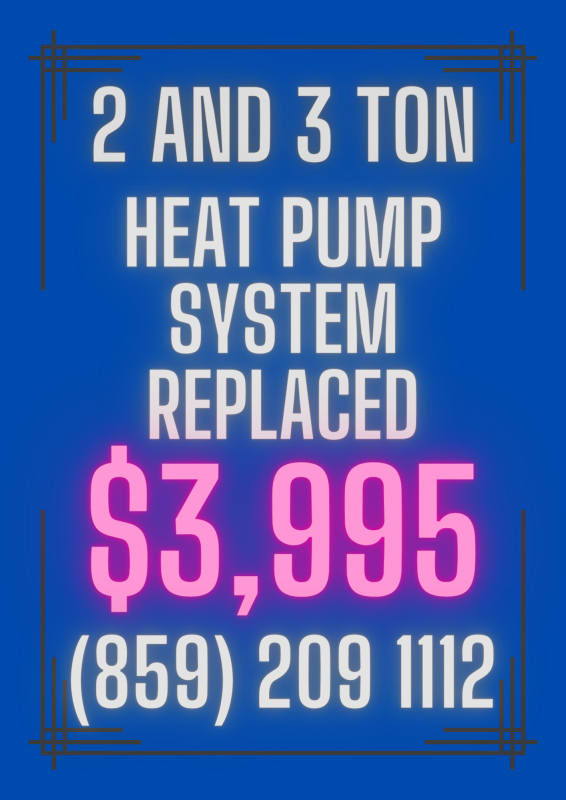Blog
What is included in an HVAC change out…
An HVAC changeout refers to the process of replacing an existing heating, ventilation, and air conditioning (HVAC) system with a new one. This can involve replacing either the entire HVAC system or specific components such as the furnace, air conditioner, or heat pump. HVAC changeouts are common for several reasons:
- Equipment Upgrade: Homeowners or building owners may choose to upgrade their HVAC systems to newer and more energy-efficient models. Modern HVAC systems often come with advanced features that can improve efficiency and reduce energy consumption.
- Aging or Malfunctioning Equipment: If the existing HVAC system is old, inefficient, or experiencing frequent breakdowns, a changeout may be necessary. Replacing the system can improve reliability and reduce ongoing maintenance costs.
- Energy Efficiency Improvement: Upgrading to a more energy-efficient HVAC system can lead to cost savings on energy bills over time. Newer systems often have higher Seasonal Energy Efficiency Ratio (SEER) ratings for air conditioners and Heating Seasonal Performance Factor (HSPF) ratings for heat pumps.
- Environmental Considerations: Some homeowners may choose to replace their HVAC systems with more environmentally friendly options, such as systems that use alternative refrigerants or have lower environmental impacts.
- Home Renovations: During home renovations or remodeling projects, it may be necessary to upgrade the HVAC system to accommodate changes in the layout or size of the living space.
HVAC changeouts typically involve a professional HVAC technician or contractor who assesses the existing system, recommends suitable replacement options, and carries out the installation. This process may also include ductwork modifications, electrical work, and other adjustments to ensure the new system integrates seamlessly with the existing infrastructure. Proper sizing and installation are crucial to ensuring the new HVAC system operates efficiently and meets the heating and cooling needs of the space.


